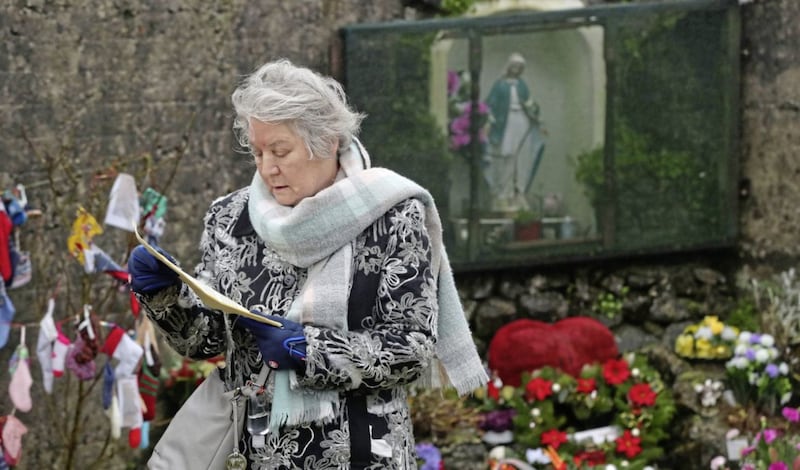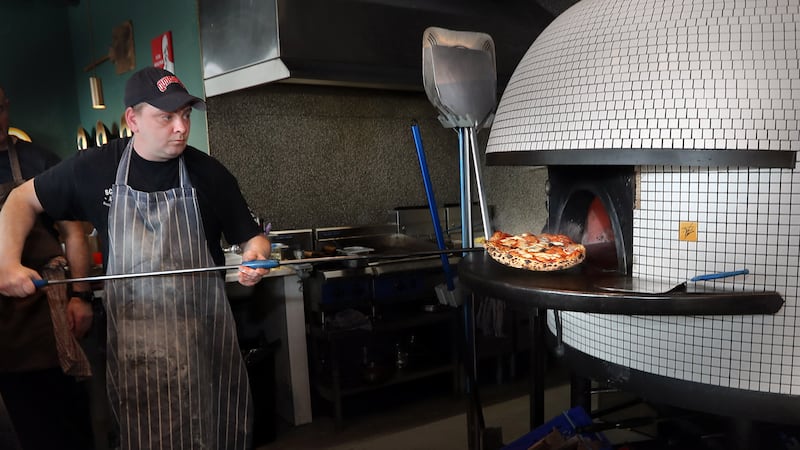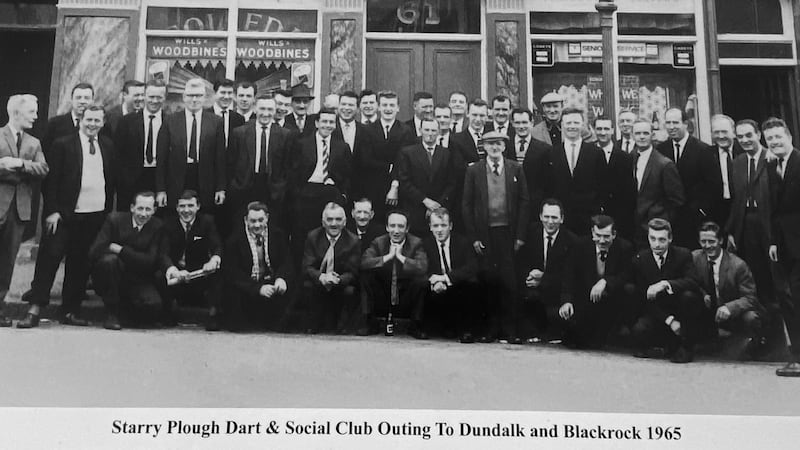ABOUT a year and a half ago, I was invited to speak at an end-of-year prize giving in a local secondary school.
As I sat on stage watching the student after student accept their awards and certificates, I wondered what would become of them. I was heavily pregnant, with my first baby. There were two teenagers receiving awards that night who were also heavily pregnant. We were going through the same life-changing experience. I knew that I had been judged by others. I hoped that they didn’t have the same experience – but I knew that there was a fair chance that they had.
The judgment, in my case, was without doubt, about age and marital status. Sometimes I think that society delights in finding fault in others full stop – but this particularly applies to women, and this has historically been the case.
Two comments made to me when I was pregnant will stay with me forever – because they were made in judgment. A woman asked me to my face if I was a career girl, adding that I had left it late to become a mother – in her opinion.

A man looked at my ring finger and asked me, awkwardly, if my parents were OK with the fact that I was pregnant and not married. I was 41. It’s also worth adding that the same person, although married, has had little respect for the sacrament of marriage in the past.
These experiences are examples; there were more. I am not sharing them to elicit sympathy. I am sharing them because the comments were made less than two years ago. They are not historical opinion. Sadly, they gauge the modern-day moral compass of some.
Last Tuesday the report of the government-established Commission of Investigation into Mother and Baby Homes was published. It has been discussed in detail since.
The words of An Taoiseach Micheál Martin’s state apology struck me. He said: "We treated women exceptionally badly. We treated children exceptionally badly. We had a completely warped attitude to sexuality and intimacy and young mothers and their sons and daughters were forced to pay the price for that dysfunction."
His words have been met by mixed reaction from the victims of the mother and baby homes. Neither his words or this report will heal the trauma, suffering and hurt visited upon thousands of families because of systemic, institutional abuse and the brutal treatment of young, unmarried women.
That was their crime. They gave birth – often in inhumane conditions, and in secret – and both the mothers and their children suffered for the rest of their lives. For what? Because their pregnancies and their babies were ‘illegitimate’ in the eyes of the Catholic Church?
Illegitimate is a horrible word.
The Mother and Baby homes affected almost 60,000 children. In all, 9,000 children died as a result of this barbaric treatment of women. Hundreds of these babies’ bodies were dumped in a septic tank and no-one would have heard of that particular story but for the tenacity of a local historian in Tuam, Co Galway, Catherine Corless. Her tireless work was the bedrock of this inquiry.
UCD Professor of Modern Irish History Diarmuid Ferriter made a comment on RTÉ radio this week that for me, gets to the heart of the problem. He referenced John Conroy, a prominent trade unionist in the 1950s who said that "this country (Ireland) has become so Catholic, it has forgotten how to be Christian".
He also referenced how in 1934, priests in Tuam were told to denounce pregnant unmarried women from the altar because they were a disgrace to themselves and to their families. These women needed to repent.
Pregnant, unmarried women were judged, rejected and stigmatised by the then highest authority on the island and that filtered down into society.
The last mother and baby home closed in 2006. Only 15 years ago. The need for a public inquiry north of the border has been acknowledged by the Stormont Executive. While we wait for that inquiry, the despicable attitudes towards women and pregnancy remain.
My 14-month-old daughter has no idea why I kiss and hug her regularly. Last Tuesday, I kissed and hugged her as if my life depended on it. I’d like to see someone try to take her away from me because I am unmarried. Thankfully, that notion is most definitely consigned to history.









